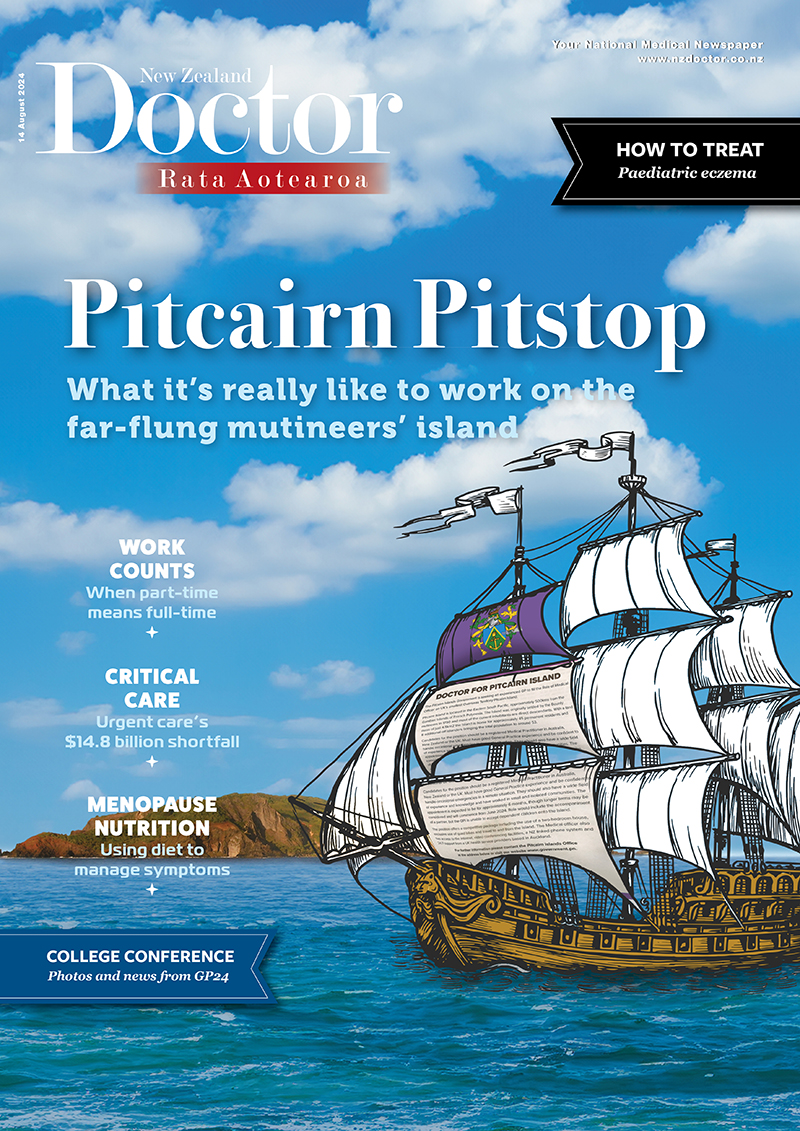Specialist GP Nikki Vadgama provides some tips to make your next paediatric eczema consult easier. She includes a review of new guidelines, resources, websites and medications for paediatric eczema management
Crisis intervention effective in severe mental illness
Vault Navigation
Crisis intervention effective in severe mental illness
How effective are crisis intervention models for people with serious mental illness experiencing an acute episode, compared with standard care?
Crisis care, with or without an ongoing home care package, provided support that was worthwhile, acceptable and less expensive than standard care. Furthermore, crisis care avoided repeat admission to hospital, improved the mental state of service users more than standard care, was more acceptable and satisfactory to service users and placed a lower burden on families and carers. There were no differences in death rates between crisis intervention and standard care. There were no data on staff satisfaction, carer input, complications with medication or number of relapses. Follow-up ranged from 3–24 months.
The review includes only 8 studies. The methods of most of these studies were considered poor and there was no definitive description of crisis intervention or crisis care for studies performed before 2006, meaning there was a lack of focus on crisis care in its pure form. Most studies excluded service users with alcohol or drug misuse, and those who were in danger of being harmful to themselves or others.
A particularly difficult challenge for community treatment of people with serious mental illness is the delivery of an acceptable level of care during their acute phases. Crisis care, where support is provided during a crisis for service users in their home or a community setting, offers a possible solution.
Murphy SM et al. Crisis intervention for people with severe mental illnesses. Cochrane Reviews, 2015, Issue 12. Art. No.: CD001087.DOI: 10.1002/14651858. CD001087.pub5. This review contains 8 studies involving 1144 participants.
Cochrane Systematic Reviews for primary care practitioners
Developed by the Cochrane Primary Care Field, New Zealand Branch of the Australasian Cochrane Centre at the Department of General Practice and Primary Health Care, University of Auckland and funded by the Ministry of Health and New Zealand Doctor. PEARLS are meant for educational use and not to guide clinical care. New Zealanders can access the Cochrane Library free via www.cochrane.org.nz




